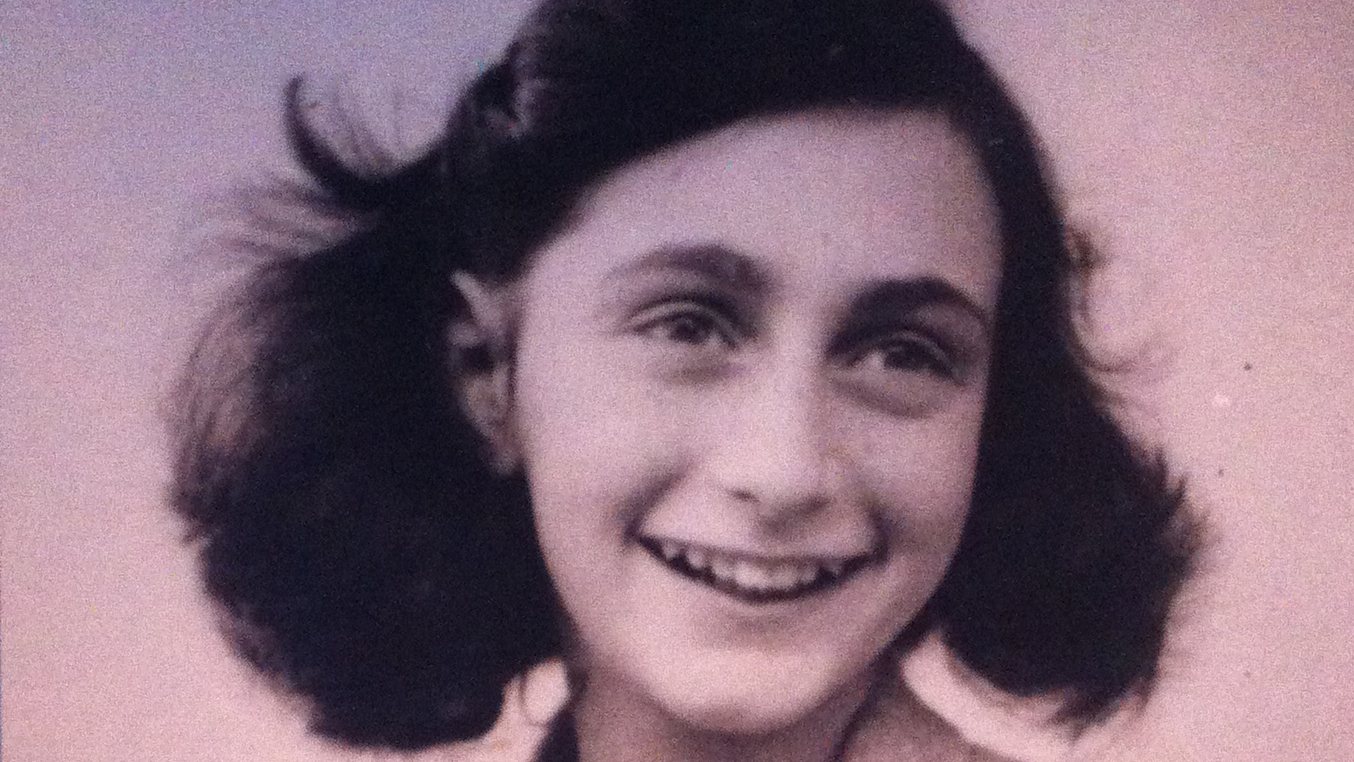Adolf Hitler’s girlfriends: What was it like to date the German dictator?
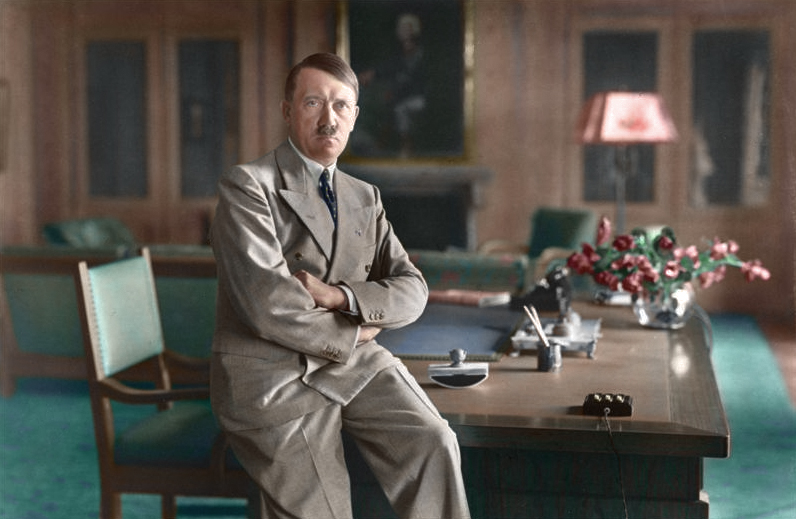
- From foreign elites to Bavarian village girls, Adolf Hitler inspired the devotion of numerous women.
- Historians and contemporaries have wondered whether the nature of these relationships can offer access into the Führer’s twisted mind.
- Unsurprisingly, Hitler’s love life was no different than his political one: passionate, short-lived, and always resulting in suicide.
The number of articles written about the sex life of Adolf Hitler almost exceeds the coverage of his political career and war crimes. Why the obsession with, of all things, the Führer’s sexuality? Some suspect his preferences in the bedroom might be linked to his behavior on the world stage. Others merely want to know what it was like to enter a relationship with one of the most ruthless dictators in human history.
A quick survey reveals that Hitler was never particularly preoccupied with relationships, sexual or romantic. Joachim C. Fest’s authoritative biography of the Führer, Hitler, presents him as an aloof and deeply serious individual who, from early childhood on, was enamored above all with his own ideas; when his peers started discussing girls, Hitler showed interest only in opera and architecture.
As Hitler got older, his disinterest in dating grew. In the political sphere, he took great pride in the fact that he lacked a private life. Unlike his henchmen, many of whom had large families, Hitler was unmarried and appeared to keep no mistresses or girlfriends. He thought of himself as an ineligible bachelor: someone who wished to devote himself not to a single person, but an entire country.
But this image, like so many others produced by the Third Reich, was false and misleading. Throughout his life, the supposedly celibate Hitler did in fact conduct affairs with a number of women. The details of these affairs reveal a different side of him, one in which his lust for power and control is transferred over into the private sphere. Each of his relationships was more problematic than the last, and all ended in suicide.
The death of Adolf Hitler’s niece
The first serious relationship Adolf Hitler had was with his niece, Geli Raubal. She was the daughter of Hitler’s half-sister, who asked if she could stay in his Munich apartment while she completed her studies. Hitler took an unexpected liking to the spirited girl, perhaps because she, in the words of biographer Michael Lynch, “provided the sort of companionship that politics could not.”
It is unknown whether Hitler and Raubal ever engaged in intercourse. Given Hitler’s disinterest in sex, it is unlikely they did. However, the nature of their relationship certainly went beyond that of niece and uncle. As with everything he cared about, the Führer was extremely possessive of Raubal, routinely forbidding her from wearing certain types of clothes or socializing without his permission.
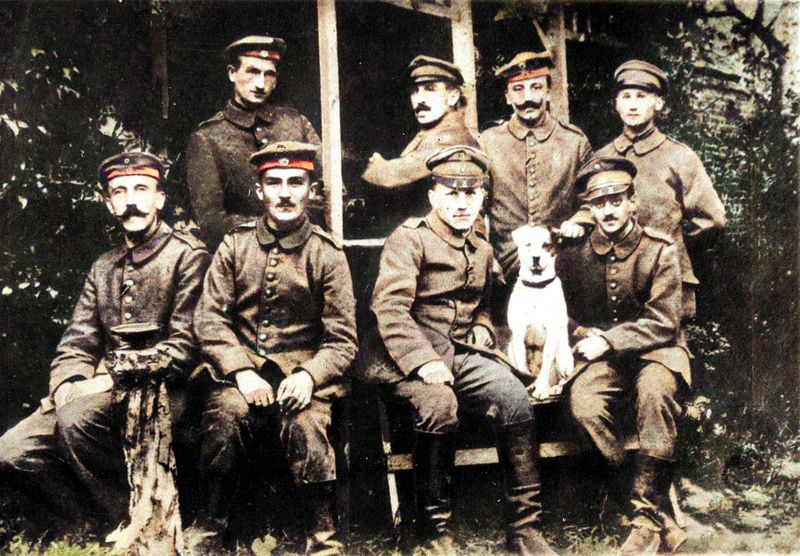
“At first, Geli was flattered by her uncle’s devoted attention,” Lynch writes in his biography, also titled Hilter, “but soon found it frighteningly overbearing.” When Hitler stopped Raubal from marrying a man her parents had already approved of, she reached a breaking point. One morning, after Hitler had left for a party rally in Nuremberg, Raubal committed suicide with one of his revolvers.
When it comes to Hitler’s love affairs, it’s hard to separate the personal from the political. News of the suicide spread through Munich, giving rise to numerous rumors. At the time, newspapers speculating that Hitler had slain her himself threatened the survival of the entire Nazi Party. Hitler, meanwhile, was so distraught by the accusations that he briefly considered quitting politics altogether.
Contrary to popular belief, Raubal’s death left a big impact on the Führer. Upon returning to Munich, he gathered her clothes and belongings into a single room, and then declared that this room would be used as a shrine to her memory, though Ernst Hanfstaengl, a close friend of Hitler’s and author of Hitler: The Missing Years, believes Hitler may have exaggerated his grief for political purposes.
Hitler’s British girlfriend
Hitler’s newfound status and power as Chancellor of Germany made him significantly more attractive in the eyes of others. He had millions of admirers, dozens of whom ended up going out of their way to get in his. Of these, Unity Mitford, an English socialite, was probably the most successful. The sister-in-law of Britain’s foremost fascist politician, Mitford first saw Adolf Hitler at one of his rallies and instantly fell under his spell.
Determined to meet Hitler, Mitford moved to Munich and began to frequent his favorite restaurant: the Osteria Bavaria. After eating lunch at the table opposite his for months on end, Mitford finally received an invitation to dine with him. Her ticket into the Führer’s life was her middle name, Valkyrie — a reference to the work of Richard Wagner, Hitler’s all-time favorite composer.
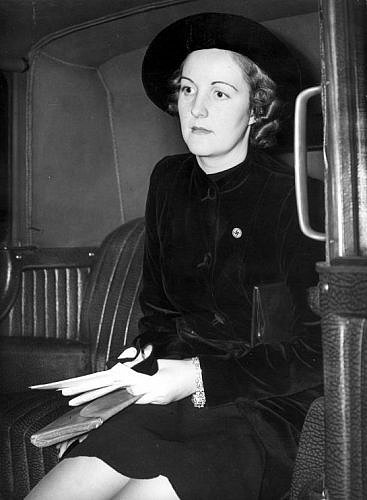
Mitford quickly established herself as a trusted member of Hitler’s inner circle. She not only appeared at celebrations like the Bayreuth Festival, but also accompanied him to diplomatic events, including the 1936 Summer Olympics. Hitler’s appreciation of Mitford was boosted by her increasing anti-Semitism; writing for a Nazi newspaper, she warned of a “Jewish danger” in England and proudly called herself a “Jew hater.”
Hitler’s relationship with Mitford came to an abrupt end when World War II started. Several high-ranking Nazis, including Albert Speer, urged Hitler not to discuss military matters in the presence of a foreigner. Mitford, for her part, begged Hitler not to go to war with her home country. When he did, she tried to commit suicide with a pistol she had received from Hitler after promising to use it only for self-defense.
Unlike Raubal, Mitford survived her suicide attempt and was taken to a nearby hospital. Distraught, Hitler promised to finance her medical expenses and promptly scheduled a visit. After learning that the gunshot wound had permanently damaged her brain, he arranged for Unity to be taken across enemy lines and back to England, where she spent the rest of her days in the care of her estranged family — until she died nine years later from meningitis, which occurred because of the bullet in her brain.
Eva Braun and the Führer bunker
Hitler first met Eva Braun — his most famous partner and eventual wife — when he was still living with Raubal. Braun, 17 at the time, was introduced to Hitler via her employer, Heinrich Hoffmann, the official photographer of the Nazi Party. While Raubal loathed Hitler’s obsession with her, Braun envied her for it. Angela Lambert, author of The Lost Life of Eva Braun, interprets a failed suicide attempt in 1931 as a possible bid for Hitler’s attention.
Historians and contemporaries disagree on why Adolf Hitler found himself gravitating toward Braun. Peter Longerich’s Hitler: A Biography supposed the Führer settled for Braun to stop those close to him from gossiping about the reasons for his single status. Carmencita von Wrede, a Bavarian noblewoman and close friend of Hitler’s, argued that he preferred Braun over someone like Mitford because she, like himself, was lower-class.
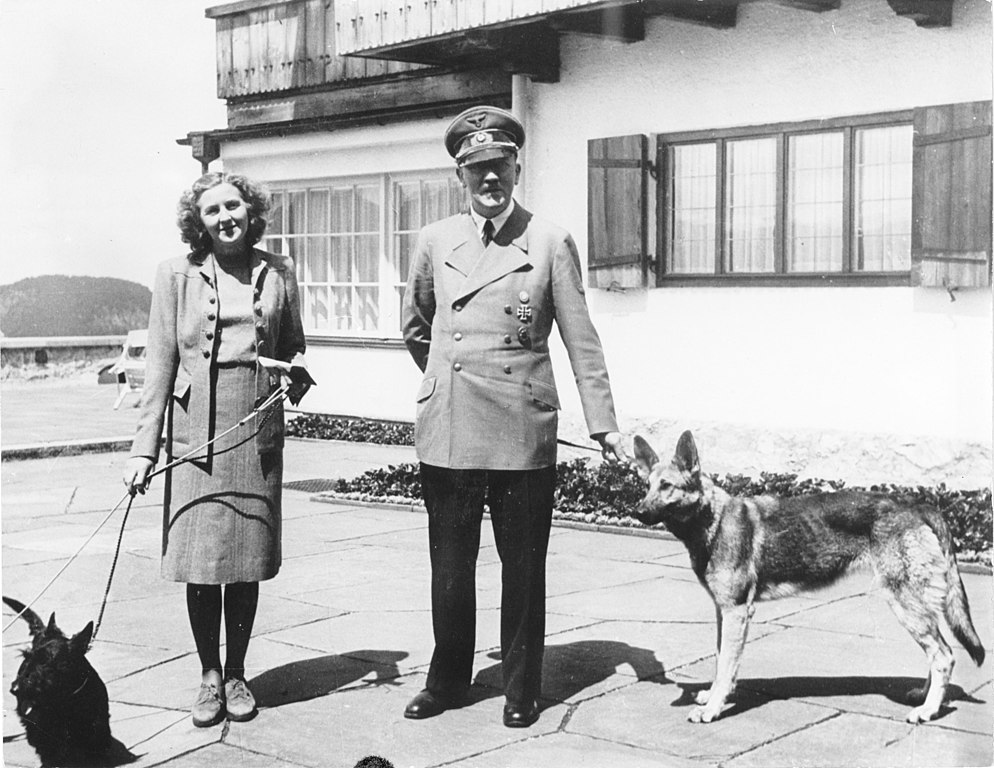
More importantly, perhaps, was the fact that she was uneducated and disinterested in Hitler’s affairs. “Hitler wanted to be absolutely free,” Reinhard Spitzy, an SS officer who met Braun on several occasions, once stated. According to Spitzy, Hitler wanted a traditional housewife who cooked and cleaned for him, instead of a “woman who would discuss with him political questions or who would try to have her influence […] Eva Braun didn’t interfere in politics.”
Even as Hitler’s primary partner, Braun’s interaction with him was fully restricted to the domestic sphere. She spent most of her time at the Berghof, swimming and skiing as she anxiously waited his return from the big city. When Hitler failed to make ample time for her during his infrequent visits, the two would launch into long arguments that usually ended with Braun in tears and Hitler screaming.
Fittingly, Adolf Hitler married Braun in a bunker while Soviet soldiers approached Berlin. Shortly after saying their vows, husband and wife agreed to end their life together. Braun could have survived the war, but chose not to. Hitler’s secretary Traudl Junge claimed Braun did not want to live in a world without the Führer; like so many Germans, she had become completely, woefully, and fatefully devoted to him.



